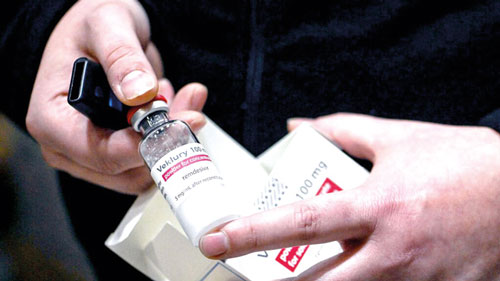The coronavirus outbreak began in Wuhan, China, in December 2019. Known as SARS-CoV-2, the virus has resulted in more than 388 million infections and over 5.7 million deaths.
Keep up to date with the latest research and info mation about COVID-19 here. The World Health Organization (WHO) is currently monitoring five variants of concern: Alpha, Beta, Gamma, Delta, and Omicron. Two years into the pandemic, the island nation of Tonga has registered its first cases of COVID-19. Last month, the islanders experienced a volcanic eruption and tsunami. When fresh water and supplies arrived, SARS-CoV-2 arrived in tow. The nation is now controlling the small outbreak with an open-ended lockdown.
The isolated geography, a swift initial lockdown in 2020, and a strong vaccination program have kept the virus at bay until now. Around 61% of Tongans are fully vaccinated, but because there had been no exposure to the virus, levels of natural immunity are low. Tongan resident Paula Taumoepeau told AP News, “We have pretty limited resources, and our hospitals are pretty small. But I’m not sure any health system can cope. We are lucky we’ve had 2 years to get our vax rate pretty high, and we had a pretty immediate lockdown.”
The neurological complications of COVID-19 are common and can range from decreased mental clarity to stroke. A recent perspective article, which appears in the journal Science, outlines what we know about these complications so far and why they might occur. Starting this week, the United Kingdom has switched how it tracks SARS-CoV-2 infections. Previously, only first infections were counted. Now, as reinfections become more commonplace, they will also be tracked. This will give officials a better understanding of how the epidemic is behaving in the U.K.
According to Paul Hunter, a professor of health protection at the Norwich School of Medicine, Uni-versity of East Anglia in the U.K., “The fact that reinfections have become much more common since the emergence of the Omicron variant meant that not reporting such reinfections was no longer tenable.” Prof. Hunter provides an insight into how this will affect the number of reported cases: there were 2,768,188 first infections in January and 305,858 reinfections.
“So far in January, there have been 2,768,188 [first infections] and 305,858 […] reinfections, continuing this upward trend in proportion of infections due to reinfection.”










